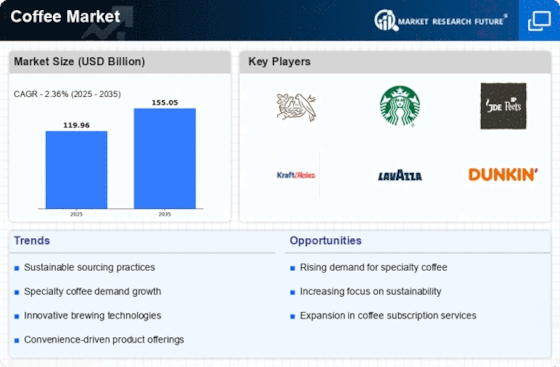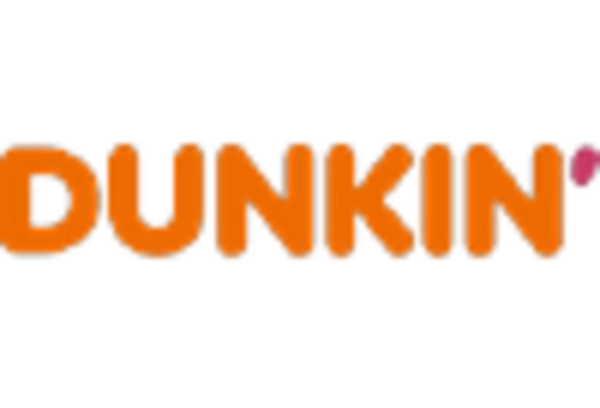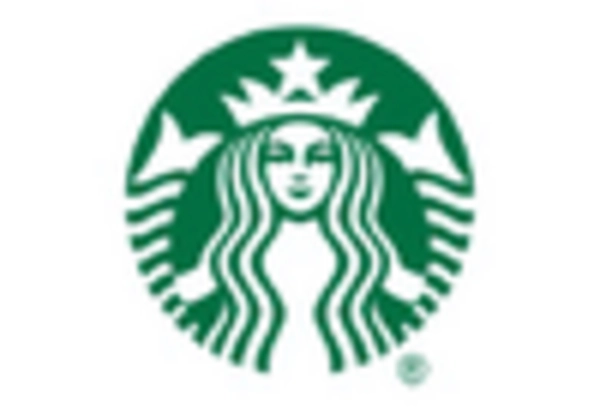Market Share
Coffee Market Share Analysis
In the dynamic and highly competitive coffee market, effective market share positioning strategies are essential for companies to stand out and thrive. These strategies involve a combination of factors that cater to the diverse preferences of consumers and create a strong brand presence.
Firstly, product differentiation is a key element in the coffee market. Successful coffee brands continuously innovate to introduce new and unique coffee blends, flavors, and brewing methods. This not only attracts coffee enthusiasts but also caters to a broader consumer base with varying tastes. By offering a diverse range of products, coffee companies can position themselves as leaders in the market, appealing to a wider audience and gaining a competitive edge.
Pricing strategies play a crucial role in market share positioning within the coffee industry. Price sensitivity is a significant factor for many consumers, and coffee companies often adopt competitive pricing to attract a broad customer base. Implementing loyalty programs, discounts, and special promotions can also contribute to customer retention and market share growth. By providing affordable options without compromising quality, coffee brands can capture a larger share of the market.
Branding and marketing efforts are fundamental in establishing a strong position in the coffee market. Building a unique and recognizable brand identity helps create an emotional connection with consumers. Effective branding goes beyond logos and packaging; it includes creating a narrative around the brand, emphasizing values, and telling a compelling story. Engaging marketing campaigns through various channels, including social media, further enhance brand visibility, making the brand top-of-mind for consumers and contributing to market share growth.
Customer experience is a critical factor in the coffee market, given the social and experiential nature of coffee consumption. Creating inviting and comfortable coffee shop environments, as well as offering excellent customer service, contributes to customer satisfaction and loyalty. Coffee companies that prioritize the overall experience of their customers, both in-store and through online platforms, are more likely to retain their customer base and attract new patrons, thus positively impacting their market share.
Furthermore, sustainability initiatives have become increasingly important in the coffee market. Consumers are becoming more conscious of environmental and ethical considerations when making purchasing decisions. Coffee companies that prioritize sustainable and ethical sourcing practices, as well as eco-friendly packaging, can appeal to a growing segment of environmentally conscious consumers. By aligning with sustainability trends, coffee brands not only contribute to a positive societal impact but also enhance their market share by attracting a socially responsible customer base.
Strategic partnerships and collaborations are effective ways for coffee companies to expand their market share. Partnering with other businesses, influencers, or organizations can open up new opportunities and audiences. Collaborations may include limited-edition products, joint marketing campaigns, or co-branded initiatives that create buzz and attract attention. By leveraging the reach and credibility of partners, coffee brands can increase their visibility and strengthen their market position.
Geographical expansion is another strategy employed by coffee companies to enhance their market share. Opening new coffee shops in strategic locations, entering new markets, and expanding distribution channels contribute to increased accessibility. Additionally, embracing digital platforms for online ordering and delivery services extends the reach of coffee brands, ensuring they are available to a wider audience.


















Leave a Comment